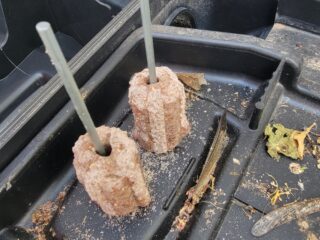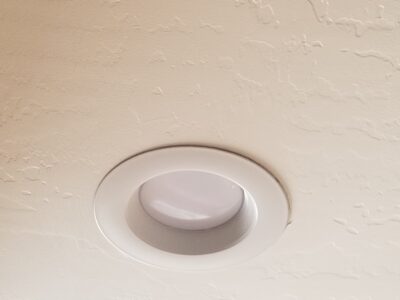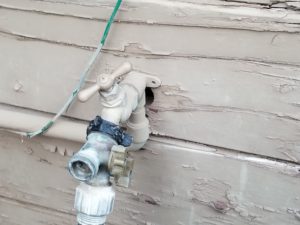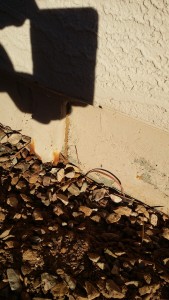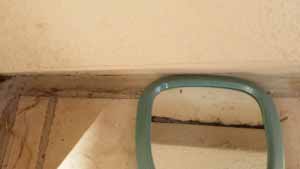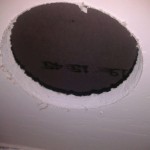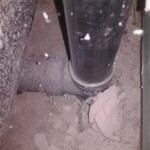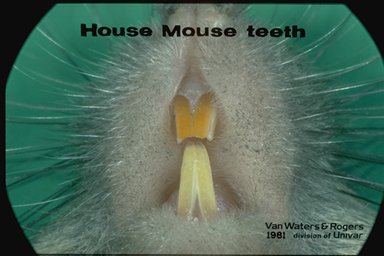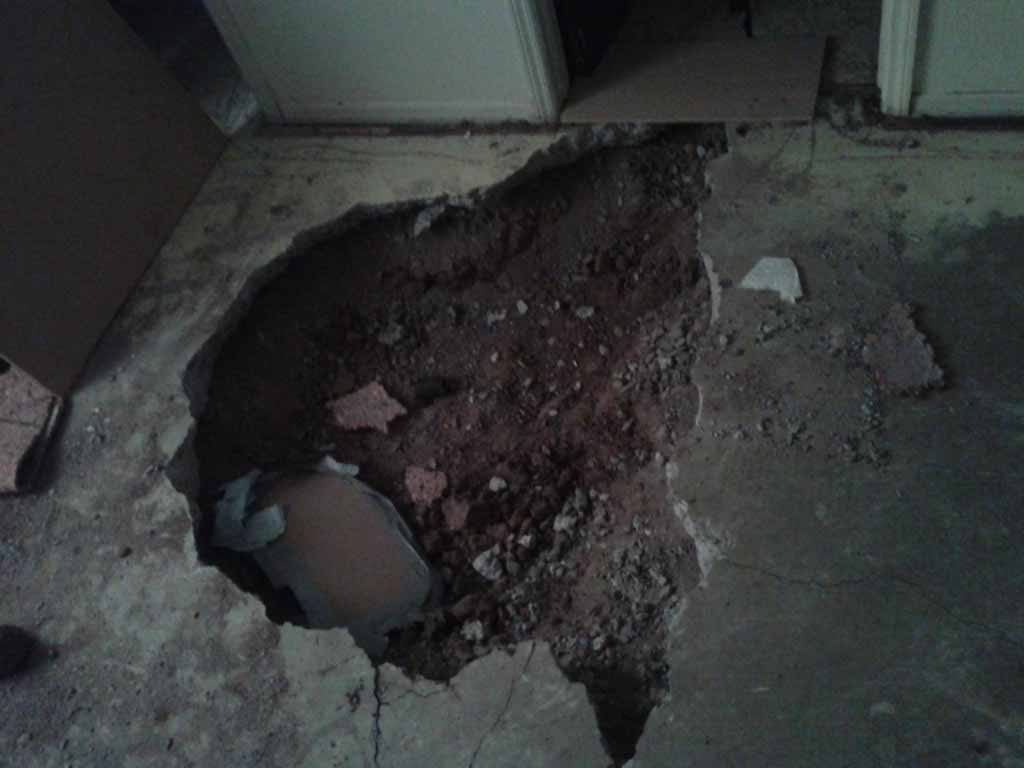Winter Weather
Winter weather generally means all of us are cold and that means critters as well. So as we are trying to maintain our houses, pests are trying to get in. Any hole or opportunity will allow them inside. I would recommend the use of IPM, the art of using everything at your fingertips and then getting to pesticide if you have to.
- Do a monthly or at least quarterly check of your property.
- Seal any cracks or holes on the home, use caulking or steel wool if rodents are involved. Remember mice need a hole the size of a dime. Rats require something in the area of a quarter to gain entry. Seal it with steel or copper wool and calking or cement.
- Remove, replace any wood rot and seal it if possible.
- Keep trash receptacles closed and clean and away from house.
- Keep bushes, trees and vines away from the house.
- Keep wood trim painted or sealed to keep away pests.
- Keep water usage to a minimum, make sure you’re not collecting water in certain areas.
- If you have a crawlspace keep it clean and dry, always good to keep it ventilated as well.
- Once a year have a termite inspection done, they can also perform a pest inspection.
- When in doubt, or maybe you don’t understand the pest – time to hire a Professional call 602-249-7378 or 623-414-0176
The picture is of bait in a rodent station and as you can see activity is taking place. The bricks show that something is gnawing at it, the next visit may or may not show more evidence but rodents should on the down swing.


